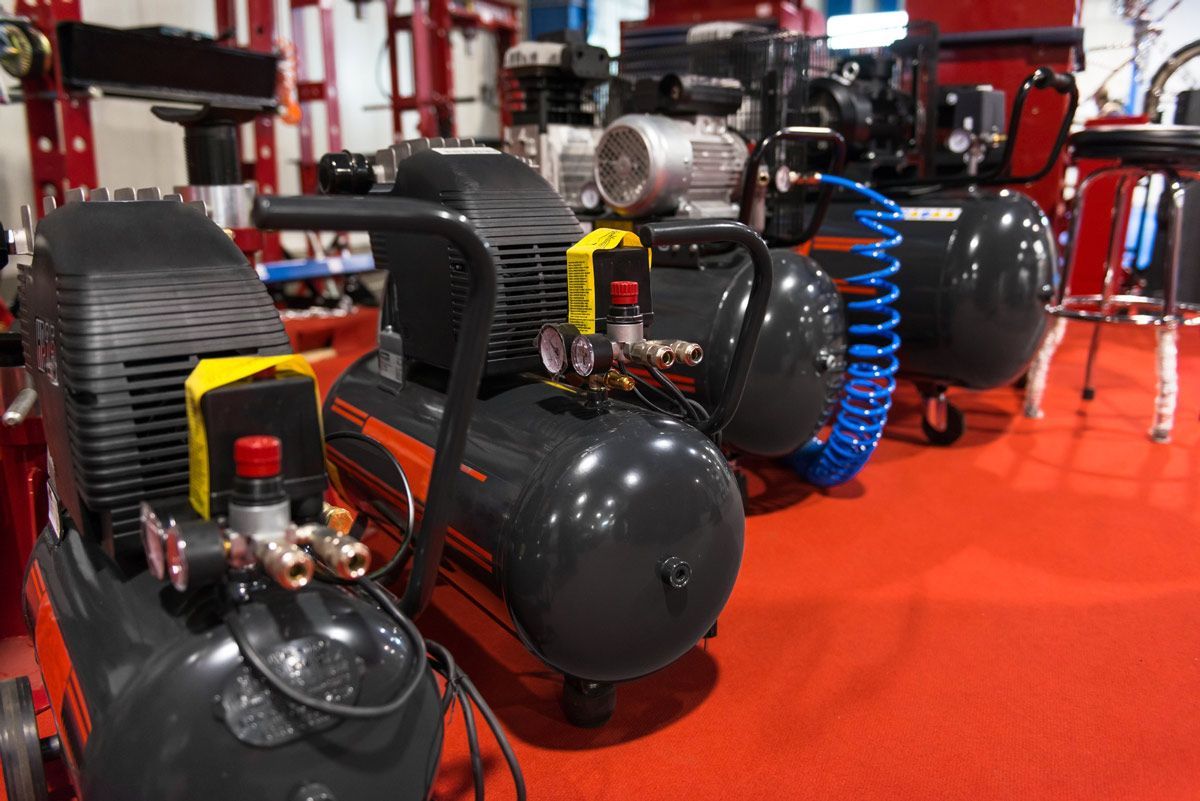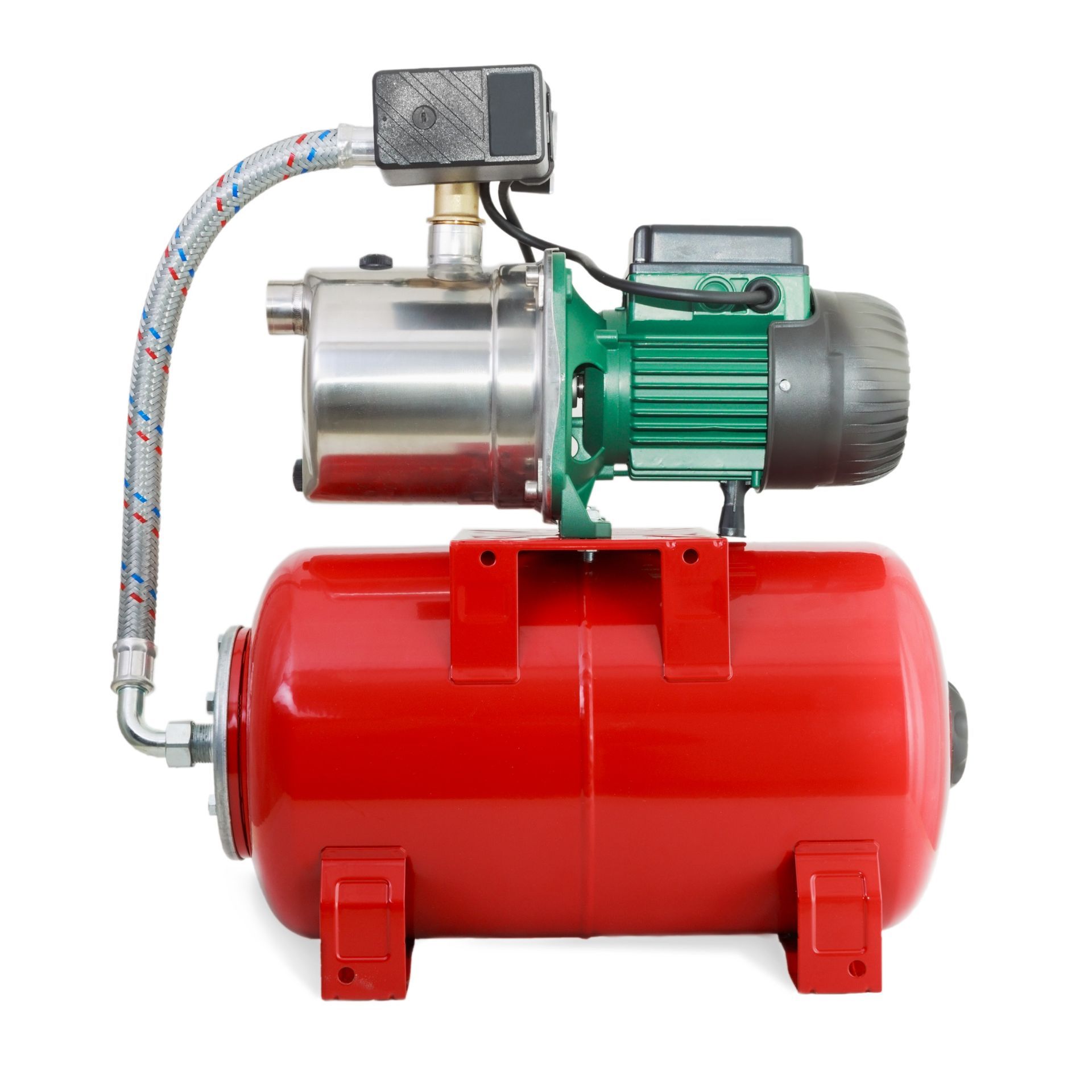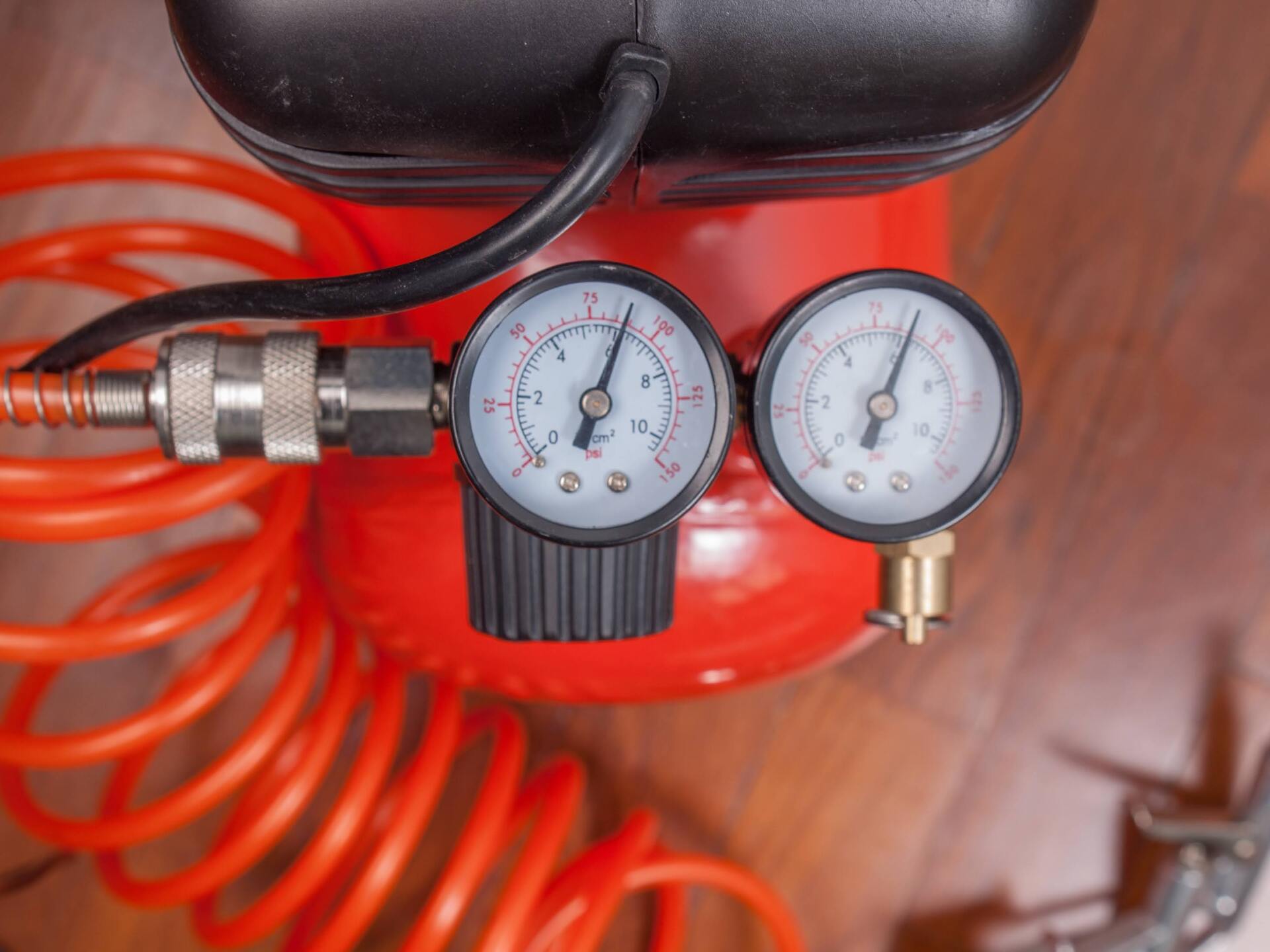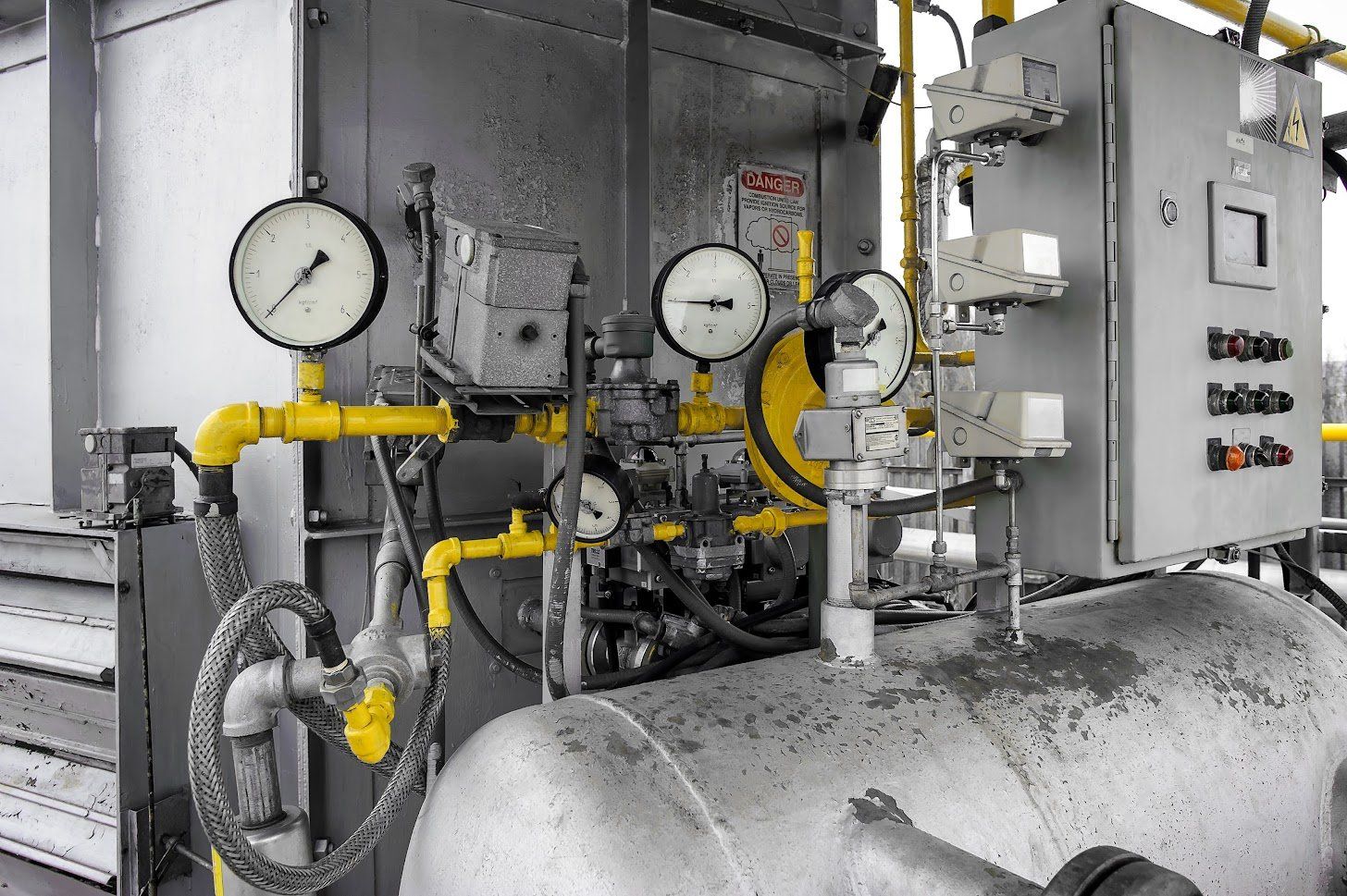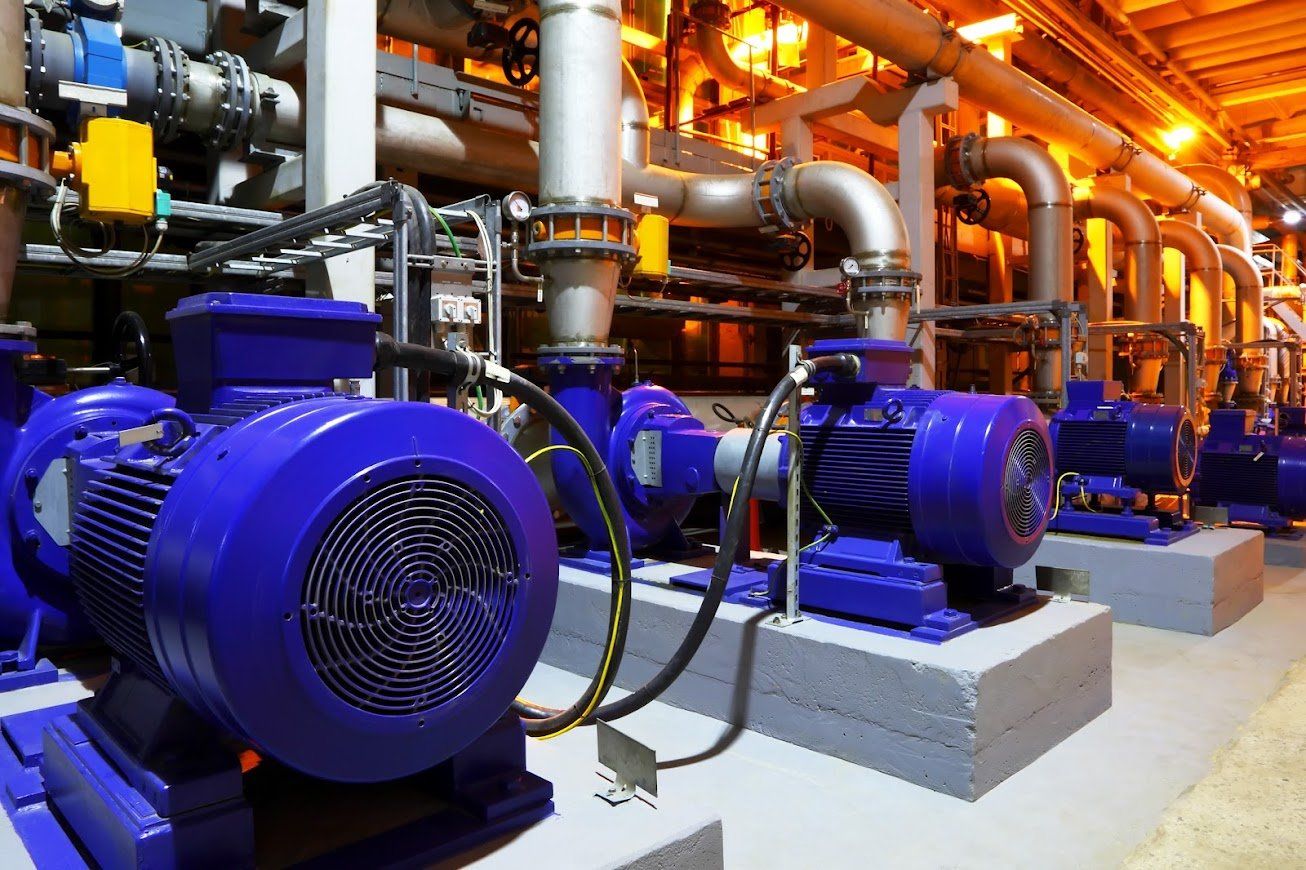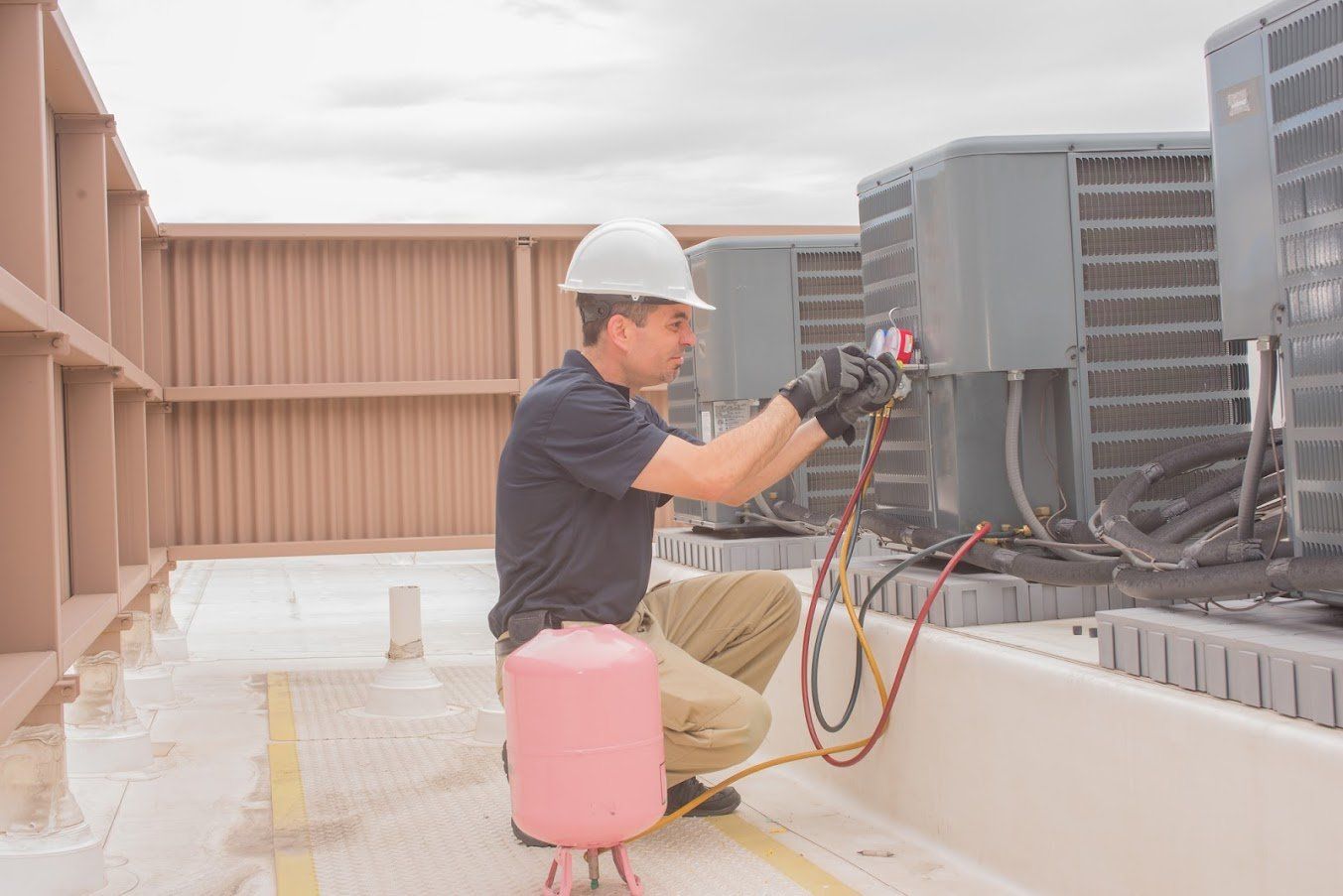Optimize Your Vacuum Pump's Efficiency With These Maintenance Tips
Optimize Your Vacuum Pump's Efficiency With These Maintenance Tips
- By Compressed Air Systems
- •
- 07 Sep, 2022
- •
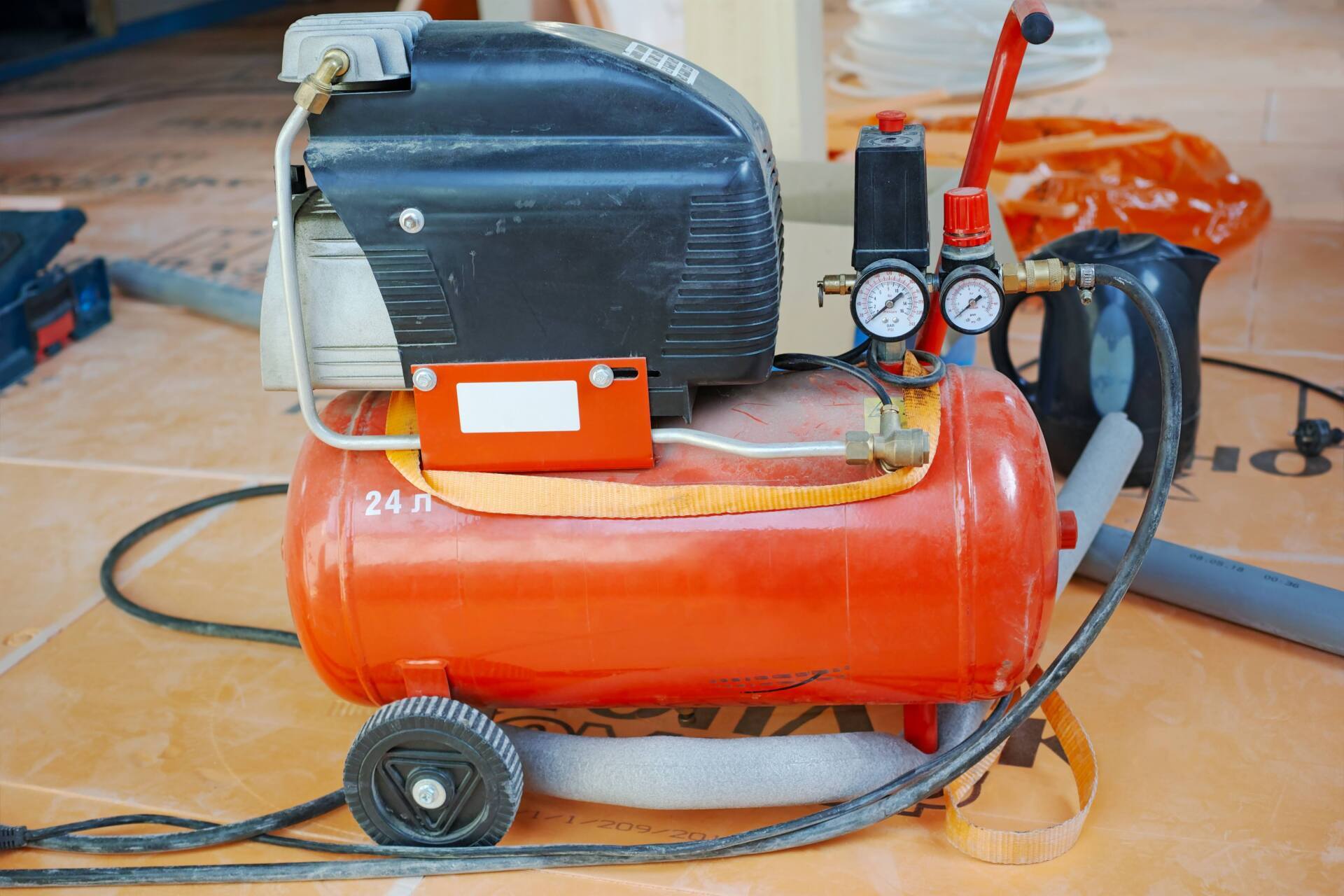
Vacuum pumps are a critical part of many industrial and scientific processes. As such, you want to ensure the system is operating at peak efficiency.
Although vacuum pumps feature strong and durable construction, the systems require regular maintenance for optimum efficiency. Also, this investment ensures you spend more time working and less time worrying about system repairs and replacement costs. Discover some tips to keep your vacuum pump running like new.
Check the System for Leaks
If the vacuum is not tightly sealed, air will leak into the system, which can cause the pump to work harder and use more energy.
Besides air, if the vacuum pump leaks, the system is susceptible to debris and contaminants. These foreign particles can damage the pump, reduce its efficiency, and cause it to break down.
If your vacuum pump leaks, check all the connections and seals for any cracks or breaks. You may then replace any damaged seals or gaskets. Also, ensure to let a professional handle any repairs to avoid further damage to the system.
Inspect and Clean the Filters
If your vacuum pump has filters, invest in regular filter inspection and replacement if necessary to maintain peak efficiency. Clogged filters can cause the system to overwork, which can lead to increased energy consumption.
Furthermore, if the filters are clogged, the component cannot perform its primary function of protecting the vacuum pump from debris and contaminants. Consequently, the vacuum pump is susceptible to mechanical damage and wear and tear.
Depending on the extent of the debris buildup on the filter, you may clean it to restore the pump's efficiency. However, if the filter is old, you need to replace it.
Check and Change the Oil Regularly
The oil helps to lubricate the system's moving parts and prevent wear and tear. However, over time, the oil can become dirty and thick, which can reduce the vacuum pump's efficiency.
To maintain peak performance, check the system's oil level regularly. If necessary, change the oil to ensure the system is sufficiently lubricated.
The oil change frequency depends on how often you use the vacuum pump. The oil change frequency will also depend on how well you maintain the system.
Make sure to use high-quality oil to protect the vacuum pump from wear and tear — research the correct oil type for your vacuum pump. And if you are unsure of the best oil for the system, consult a professional.
Keep the Vacuum Pump Cool
If the vacuum pump overheats, the system can break down. To avoid this problem, ensure that the system has proper ventilation. Also, check for blockages that may restrict airflow and cause the unit to overheat.
Furthermore, regularly clean the interior and exterior of the vacuum pump to remove any dirt or debris that could obstruct airflow and cause the unit to overheat.
If the vacuum pump is enclosed, you may use a fan to improve airflow and prevent the unit from overheating.
The surrounding temperature can also affect the vacuum pump's efficiency. For example, if the room is too hot or cold, the unit must work harder to maintain the desired internal temperature.
Besides temperature, ensure the environment is free from dust, corrosive gasses, and other particles that could damage the vacuum pump.
You can trust us at Compressed Air Systems to provide high-quality vacuum pumps and the best maintenance tips to keep the unit running efficiently. Our team of experts can also help you select the right vacuum pump for your needs and advise you on the dos and don'ts of operating and maintaining the system. Contact us for more information on vacuum pump maintenance tips or to learn about our products and services.
- Mon - Fri
- -
- Sat - Sun
- Appointment Only






Serving Whatcom, Skagit, Snohomish King, and Pierce Counties.


